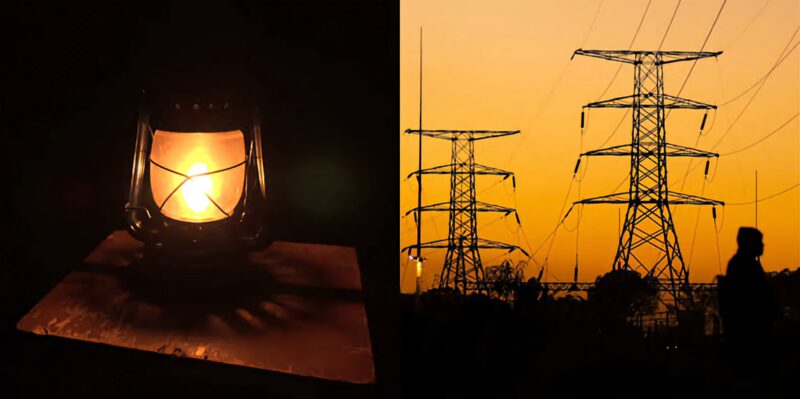Nigeria’s Frequent Blackouts and Power Failures Highlight Urgent Need for Infrastructure Upgrades and Decentralization
Nigeria faced another nationwide blackout on Saturday following the collapse of the national electricity grid. Data from the Nigerian System Operator’s portal revealed that the grid recorded zero megawatts (MW) as of 9:10 a.m. today.
This latest collapse marks the third occurrence within a week and the eighth time the grid has failed in 2024. The first collapse this year occurred on February 4, followed by additional failures on March 28, April 15, July 6, and August 5. Most recently, Nigerians experienced widespread blackouts on October 14 and 15.
Despite assurances from the Transmission Company of Nigeria (TCN) in May that system collapses had significantly decreased, the problem persists. TCN spokesperson Ndidi Mbah reported that grid disturbances had reduced by 76.47% over the past five years, but the recent spate of failures suggests ongoing challenges.
Minister of Power, Adebayo Adelabu, attributed the frequent collapses to outdated infrastructure, stating that more investments in power systems are essential to prevent future disruptions. Adelabu emphasized the need for decentralization in the power sector, advocating for multiple regional grids to reduce the impact of failures on a national scale.
“The country currently relies on a single grid, so any disturbance affects all 36 states,” Adelabu said.
He also noted that the new Electricity Act allows state and local governments to participate in the generation, transmission, and distribution of electricity, a step toward reducing the strain on the national grid.
The growing concern over grid reliability underscores the urgency for infrastructure upgrades and sector reforms.










Join our Channel...